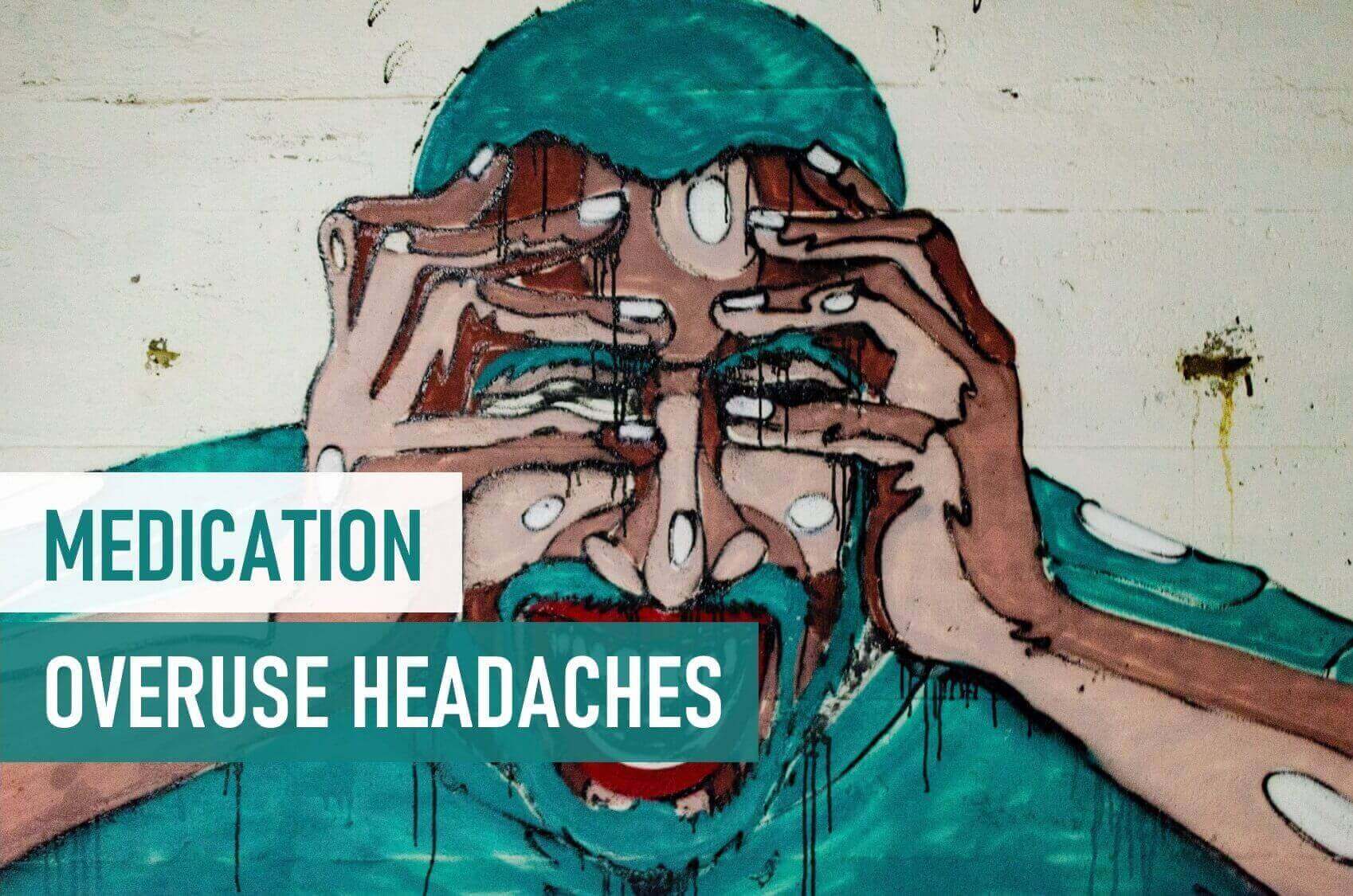What are medication overuse headaches?
Medication overuse – it is defined by the amount of acute medication taken per month by a patient. Medication overuse headaches are caused by regular, long-term use of medication to treat headaches, such as migraines. In fact, this is a vicious cycle of having headaches.
Medication overuse headache is also known as analgesic rebound headache, medication misuse headache or drug-induced headache.
The result of overusing headache medications makes them less and less effective, for which you are actually taking it. Medication overuse headaches can be stopped when you stop taking the pain medications. It is definitely tough at the beginning, but your neurologist can help you beat the medication overuse.
Let us learn more about “medication overuse headaches” and know the symptoms and treatments.
Who is most likely to get medication overuse headaches?
Medication overuse headaches most commonly occurs in people with primary headache disorders like migraine, cluster headache, or tension-type headaches using less effective or nonspecific medications resulting in inadequate treatment response and redosing.
Symptoms of medication overuse headaches
Symptoms of medication overuse headaches may differ according to the type of original headache being treated and the medication overused.
General symptoms include:
- Daily or nearly daily headaches when you wake up.
- Headaches gets better when you take medication but then return as your medication wears off.
- For some headache may feel like a dull, tension-type headache or be more severe like a migraine-like headache.
Other signs and symptoms may include:
- Nausea
- Restlessness
- Difficulty concentrating
- Memory problems
- Irritability
- Weakness
- Depression & Anxiety
When to see a neurologist
Occasional headaches are common. It’s important to take your headaches seriously. Occasional headaches are okay but not the daily or nearly daily headaches. Some types of headaches can be life-threatening.
Seek immediate care from nearby neurologist if you have a headache which:
- is sudden and very severe
- is accompanied by fever, stiff neck, seizure, confusion, weakness or difficulty speaking
- gets worse despite pain medication and rest
- occurs with shortness of breath
Treatment for medication overuse headaches
Stopping of overused medication is the treatment of choice for medication overuse headaches. Simply stated, the goal of treatment for medication overuse headache is to:
- Wean you off the overused medication.
- Develop a plan for using preventive medication.
- Allow use of acute medication with limits.
Your neurologist will start the treatment of medication overuse headaches with stopping the overused medication(s) to break the headache cycle. It is possible that your headaches are likely to get worse during the time of withdrawal of overused medications. You may experience certain symptoms like nausea, vomiting, constipation, insomnia and restlessness.
Taking care of yourself can help overcome these symptoms:
- Try to avoid known headache triggers
- Don’t skip meals
- Stay hydrated
- Exercise regularly
- Reduce stress
- Lose weight
- Quit smoking
However, please take note that once you get through this part of your treatment, your headaches will eventually get better. Your headache specialist will start new preventive treatment either during or immediately after your current medications have been stopped.
Banner Image Credit: https://www.unsplash.com/ [Free to use under the Unsplash License]







